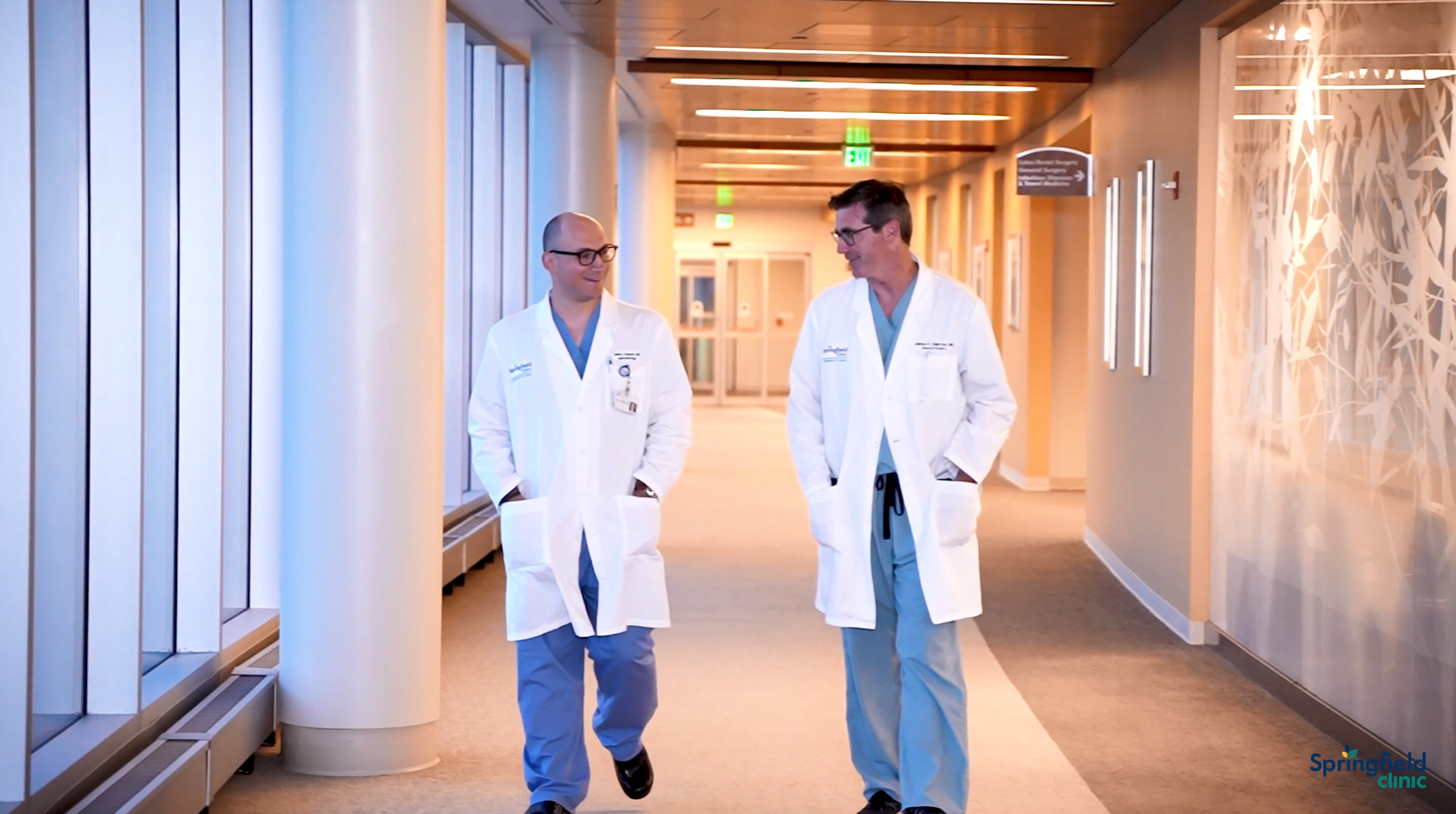GERD, or gastroesophageal reflux disease, is a digestive disorder where stomach acid flows back into the esophagus, resulting in injury to the lining of the esophagus. GERD causes symptoms like heartburn, vomiting, hoarseness, chronic cough, chest pain and/or difficulty swallowing.
Unlike occasional acid reflux, GERD occurs frequently, often at least twice a week.
There are steps you can take to manage GERD symptoms:
Eat slowly to allow your body time to feel full. This prevents overeating which can irritate GERD symptoms.
Try not to eat a meal within a couple of hours of going to sleep. It’s harder for your body to digest food while laying down.
Drink lots of water throughout the day and avoid beverages that can cause irritation such as carbonated soda and alcohol.
Keep in mind your food triggers and avoid them. Some common foods that trigger GERD include raw onions, garlic, chocolate and red wine.
Keep over-the-counter antacid remedies on hand.
If GERD is not managed through over-the-counter and prescribed medications, your care team may consider corrective surgery to fix the root of the problem.
Springfield Clinic physicians Dmitry Shuster, MD, a gastroenterologist, and James Fullerton, MD, a general surgeon, work together to correct GERD for patients through surgical procedures. Learn more about the procedures offered and hear from a real Springfield Clinic patient in the videos below.


